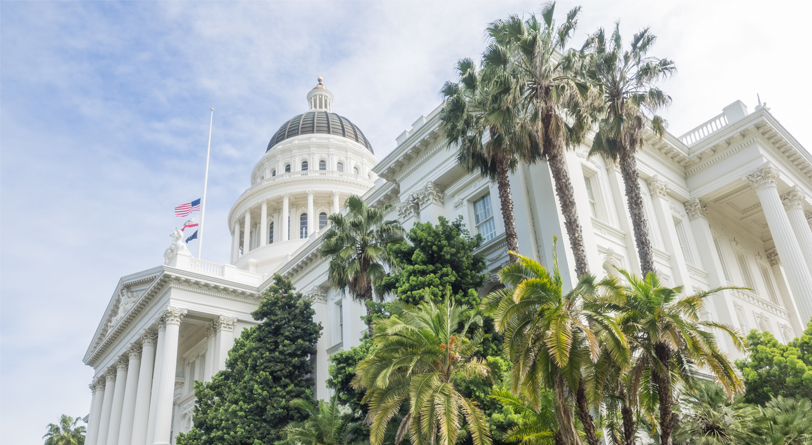California constantly introduces legislation in the packaging space, even though in June 2022, Gov. Gavin Newsom signed the most comprehensive extended producer responsibility bill in the United States.
The bills listed below were all related to packaging and would have directly impacted state Senate Bill (SB) 54, the Plastic Pollution Prevention and Packaging Producer Responsibility Act. State Sen. Ben Allen (D-District 24) introduced the three Senate bills, while the other two were introduced by Assembly members.
Except for state Assembly Bill (AB) 1290, which did not go through, Newsom vetoed the bills. All of the veto messages were similar, referencing that SB 54 needs time to be implemented. These vetoes set the precedent moving forward in California that anything the state legislature passes on packaging might not leave his desk with his signature.
In 2024 in California, we will see the formal regulations for SB 54. We also will see legislators introduce new packaging legislation while trying to push through the vetoed legislation. Proposals include:
- AB 1290: Assemblymember Luz Rivas, D-District 43, introduced a bill that takes language directly from the U.S. Plastics Pact, banning opaque or pigmented plastic bottles and rigid plastic packaging containing polyethylene terephthalate glycol. It also would ban plastic packaging containing nondetectable pigments, oxo-degradable additives, per- and polyfluoroalkyl substances, and other chemicals. With the work of industry, the bill was moved to an inactive file in May, but the author plans to bring the bill back this year.
- AB 1489: This bill from Assemblymember Jim Wood (D-District 2) would clarify that the plastic source reduction requirements in SB 54 do not apply to certified compostable plastic.
- SB 303: This was a cleanup bill for SB 54. It consisted of definition changes for end markets and added an arbitration process for the producer responsibility organization and affected entities.
- SB 665: This would create the single-use plastics alternative working group made up of state departments. This group would establish a framework for evaluating novel material types as they are developed to inform policy decisions designed to create a more sustainable and circular economy.
- SB 777: This would authorize retail stores to use the 10-cent-per-bag fee to provide customers with more opportunities to drop off flexible bags.
Lastly, CalRecycle held informal workshops that have given insight into potential rules for SB 54. On September 27, CalRecycle discussed its second draft of the SB 54 Covered Material Category list. This list will be used to implement various aspects of SB 54.
The primary changes in this draft consolidated smaller material categories in each material class from two to one and eliminated a mixed-materials category from each class. CalRecycle also discussed its plans to conduct research into source reduction and end markets to inform its needs assessment.
Lauren Aguilar is a government affairs associate at the firm Serlin Haley, a lobbyist for the Flexible Packaging Association based in Washington, D.C. Andy Hackman also is a lobbyist with Serlin Haley.
